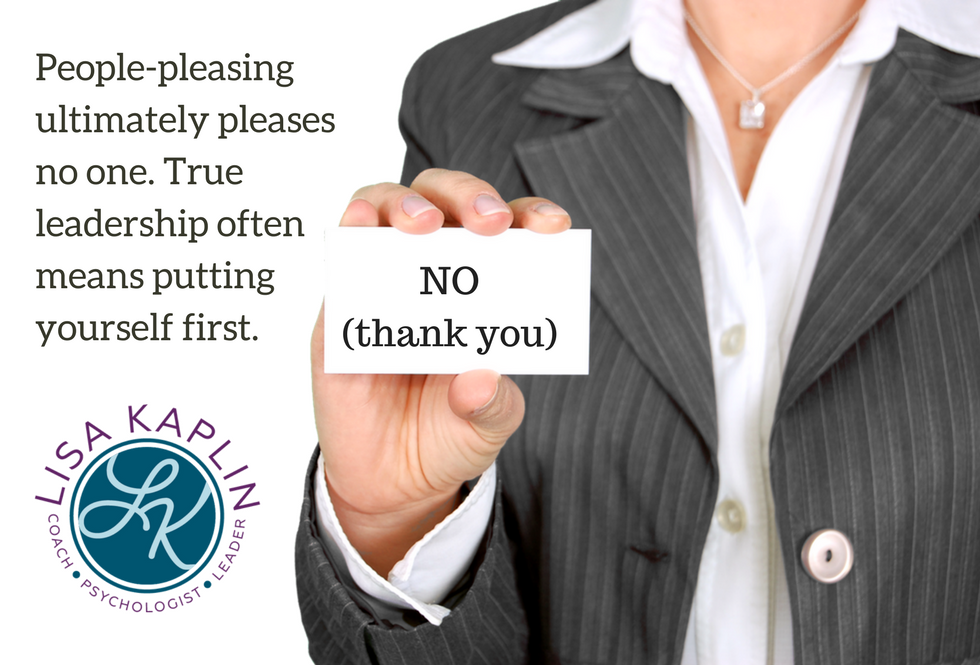Like many people I know, I’m a people-pleaser. I really like people to like me. It feels good to be liked and likeable, as well as being noticed and complimented. People-pleasing comes easy to me as I’ve done it for most of my life. However, over the last few years, I’ve really worked hard at not being a people-pleaser. I’ve added the word “no” to my vocabulary and I’ve tried to at least prioritize myself as much as I do others. Yet it seems my default is to try to make others happy and that’s how I recently got myself into a bad situation.
I was on a business trip doing work for a company that I really like and respect. I’ve worked with the man who arranges for the seminars that I present, and he’s a wonderful person—kind and thoughtful. When I arrived to start my full day seminar, this same man invited me to dinner with the group that I would be speaking to that day. I immediately said yes, but regretted it almost as quickly.
My husband was at home at this time, dealing with a pretty big mess in our master bathroom. There was a leak, mold, and the need to have a few contractors and work people come in and tell us our options. Although my husband is perfectly competent to handle this on his own, big decisions needed to be made and we agreed to make those together. My husband and I had agreed early that morning that we would get on a well needed phone call after I had completed work that day.
Now I had said yes to a social engagement and was likely to disappoint my husband in the process. My need to people-please was going to lead me right into displeasing either my husband or the man that I was working with. Ultimately, I made the decision to spend some time on the call with my husband and tell my work peer I wasn’t able to attend the group dinner. Although he was pleasant about it, I could tell I had disappointed my work associate and that he would now need to change the reservation because of me.
People-pleasing ultimately pleases no one. True #leadership often means putting yourself first. Click To TweetBreaking The People-Pleasing Cycle
Why do I still do this? It would have made so much more sense for me to immediately say no to the dinner invitation with kind regrets and a short version of why I couldn’t attend. Yet in that moment, everything in me said to say yes. What I realized is that my default is set to “please others first and worry about the ramifications later.” Of course this default actually leads to more problems in the long run and to me not only not pleasing others, but also putting myself in an uncomfortable situation.
I’ve done some thinking about this default people-pleasing button of mine and have decided to implement a new “before I respond” policy. From now on I’m going to say, “I need to check some details on my calendar and then let you know.” I’m going to buy myself some time to avoid the default and think carefully about what my decision should be. I’ve been rehearsing my new response and have even tried it a couple of times. So far so good.
Giving myself time to think about what I want to do versus what I think I should do allows me to get conscious and thoughtful versus defaulting into people-pleasing mode. Wish me luck and join me if you are also a member of the people-pleasing club!
Love,

Lisa Kaplin Psy. D. PCC

